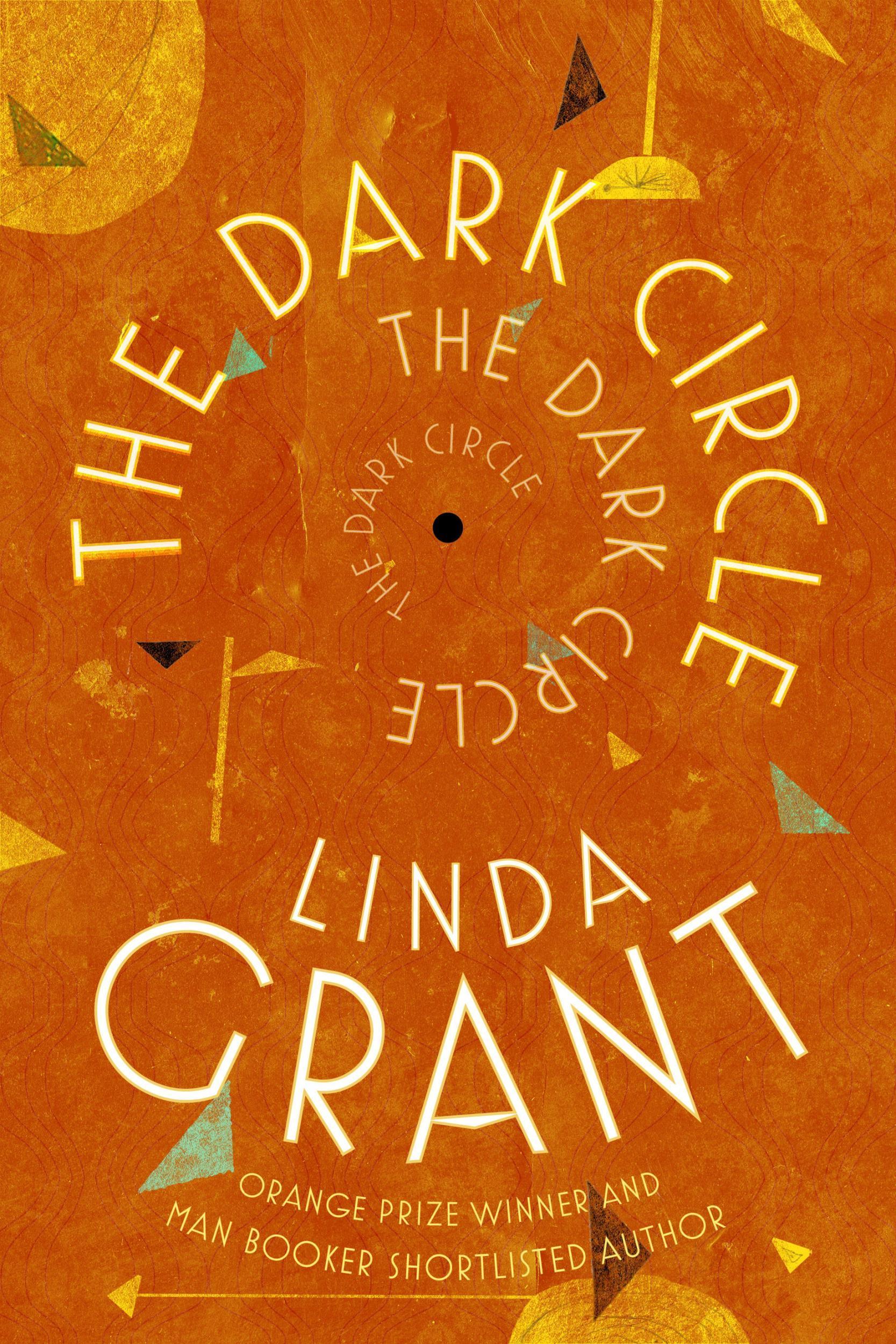The Dark Circle by Linda Grant, review: Her take on sanatorium life makes for refreshingly original reading
The latest work from the Orange Prize-winner and Man Booker-shortlisted author centres around a group of patients who are packed off to a sanatorium in Suffolk

Your support helps us to tell the story
From reproductive rights to climate change to Big Tech, The Independent is on the ground when the story is developing. Whether it's investigating the financials of Elon Musk's pro-Trump PAC or producing our latest documentary, 'The A Word', which shines a light on the American women fighting for reproductive rights, we know how important it is to parse out the facts from the messaging.
At such a critical moment in US history, we need reporters on the ground. Your donation allows us to keep sending journalists to speak to both sides of the story.
The Independent is trusted by Americans across the entire political spectrum. And unlike many other quality news outlets, we choose not to lock Americans out of our reporting and analysis with paywalls. We believe quality journalism should be available to everyone, paid for by those who can afford it.
Your support makes all the difference.Orange Prize-winner and Man Booker-shortlistee Linda Grant’s new novel The Dark Circle begins in London in 1949, the opening chapters offering a brief glimpse of the post-war city: “Big black old place, falling down, hardly any colour […] mostly grey and beige and black and mud-coloured people with dirty hair and unwashed shirt collars, because everything is short, joy is short, sex is short, and no one on the street was laughing so jokes must be short too.”
Before we know it though, we’re whisked away to the middle of the Kent countryside, as ill at ease and discombobulated as Lenny and Miriam Lynskey, north-London-dwelling twins diagnosed with tuberculosis just when their lives should have been getting started – Lenny eager to do his national service, Miriam working in a West End flower shop. Instead, they’re packed off to the Gwendo sanatorium, newly open to all, completely free of charge, under the National Health Service.
The Lynskeys, for example, are the establishment’s first Jewish patients, just some of the “new arrivals” turning up, “types with bad table manners and no taste for the genteel facilities the Gwendo offered its languid inmates: bridge tournaments, flower arranging, golf for the fitter ones”. Appropriately, Grant’s take on sanatorium life is a far cry from Mann’s The Magic Mountain or its romanticised ilk, and this makes for refreshingly original reading. Her characters are bored, hacking their lungs up, undergoing painful and debilitating procedures, and scared of dying. Grant brings this cloistered world vividly to life, its pains and pleasures equally heightened. The bounty of illness, for example: lashings of cream, plenty of bacon, bed rest and fresh air, all in stark contrast to the impoverished austerity of the age.
With the NHS in peril today, the time couldn’t be riper for fictional examinations of its inception. To do so through the prism of TB is especially inspired though, the ravages of this disease now relegated to history alongside society before free healthcare for all levelled the playing field. A one-time death sentence – “like Aids, but nothing to do with sex,” a now elderly character explains to her clueless young hairdresser years after the fact – today most cased of TB are easily cured.
Of course, if antibiotic resistance comes to pass as predicted, it could all too easily make a crippling comeback, but that’s a horror story in the making for another author. All the same, these disturbing contemporary issues linger ominously in Grant’s margins, silently enriching what’s already an astonishingly good period piece. Confirming precisely where the strength of her work lies, it’s when Grant does look to the future – through the addition of two “aftermath” sections that explore what happened to the Lynskeys and other patients after the arrival of the miracle drug streptomycin; too late for some, life-transforming for others, but at a high cost for one in particular – that the novel flounders. This mars the overall effect, but luckily it doesn’t detract from the power of the bulk of the narrative.
The Dark Circle by Linda Grant is published by Virago, £16.99
Join our commenting forum
Join thought-provoking conversations, follow other Independent readers and see their replies
Comments